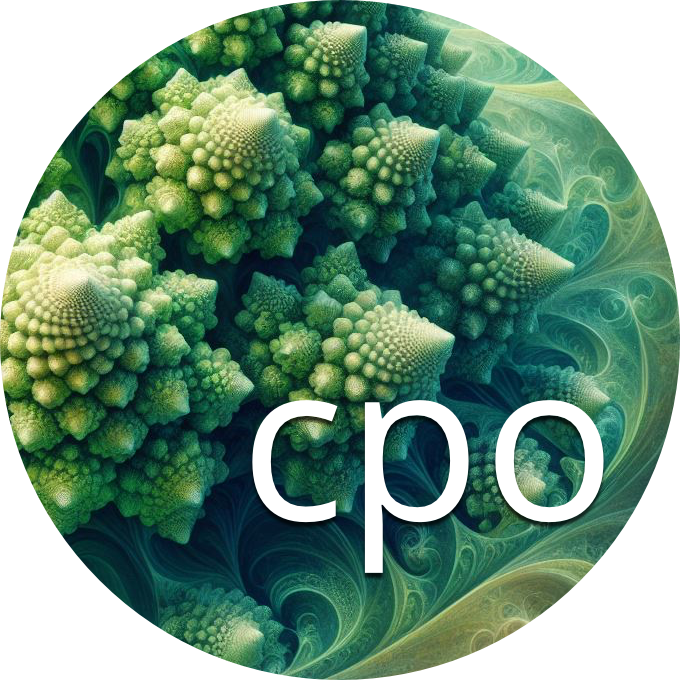Media of Verification: An Epistemological Framework for Trust in a Digital Society
Abstract
The concept of verification is commonly associated with verifying sources in journalism, Open-Source Intelligence, digital forensics, and various digital research methods. In this context, I introduce 'media of verification' as an epistemological framework that encompasses a variety of practices. Through the examination of examples, I elaborate on four modalities: verification in media, apparatuses of verification, verification as consensus-making, and infrastructures of verification. Verification in media involves the pre-reportage verification of sources in journalism. Apparatuses of verification are devices designed to validate authenticity. Verification as consensus-making encompasses decision-making processes, such as negotiations, debt registers, and bookkeeping. Infrastructures of verification pertain to authentication media like certificates, batches, and other mechanisms ensuring the integrity of goods, documents, data, currencies, and sensitive information. I show that different phenomena, practices, and techniques bridging the digital and physical realms are indeed part of the same epistemological framework I call 'media of verification.'
Note: Download statistics restarted from zero effective January 1, 2024. Please follow this link to see cumulative download statistics from our previous publishing platform: CPO Download Statistics 2012 - 2023
Keywords: verification, apparatus, infrastructure, consensus making, journalism, open-source intelligence, digital forensics
How to Cite:
Bennke, J., (2023) “Media of Verification: An Epistemological Framework for Trust in a Digital Society”, communication +1 10(1). doi: https://doi.org/10.7275/cpo.1878
Funding
- Name
- Minerva Stiftung Gesellschaft fuer die Forschung mbH
1914 Views
291 Downloads

